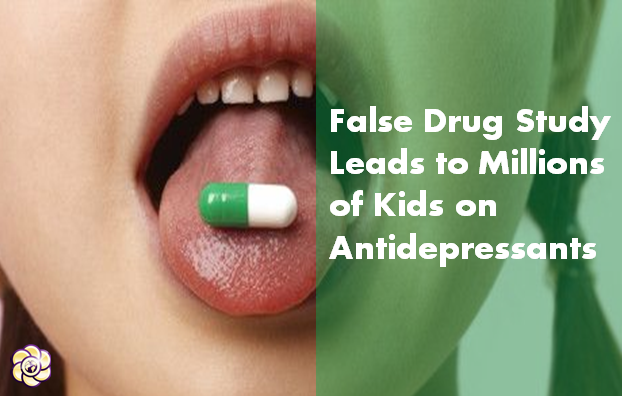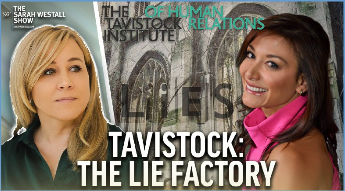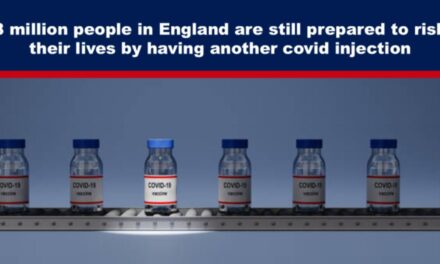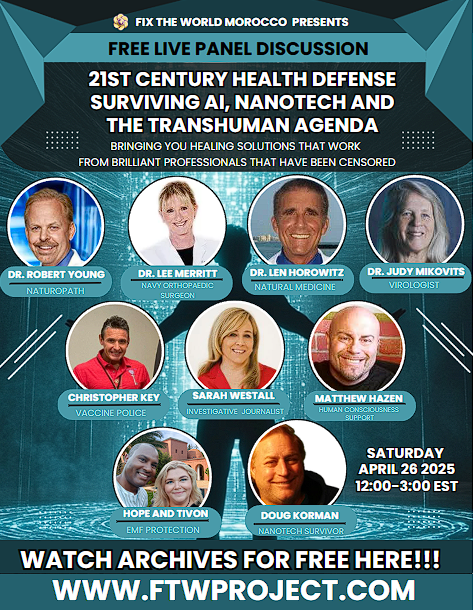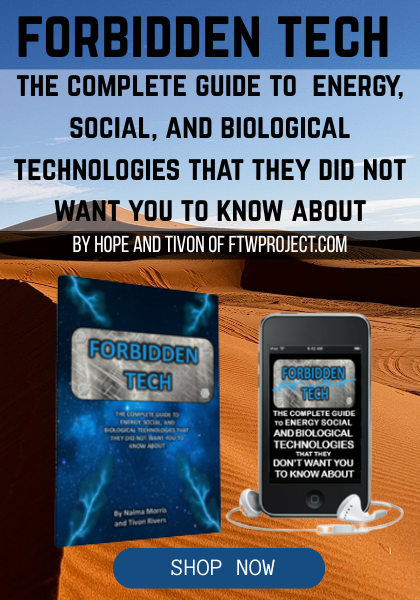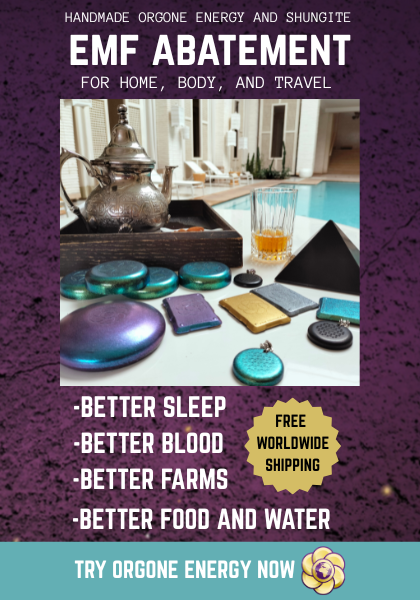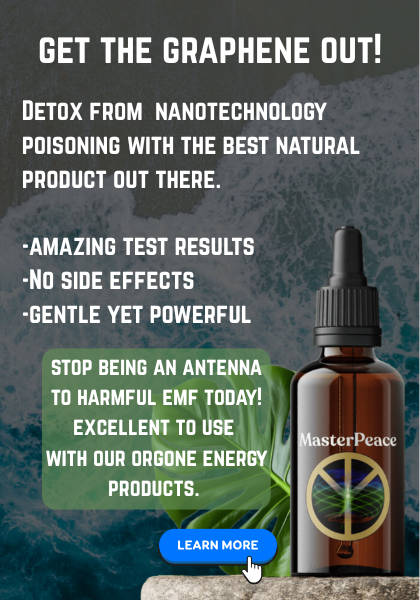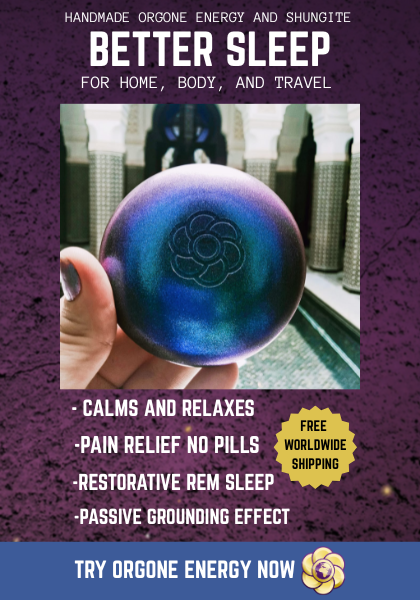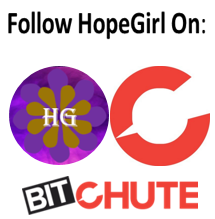In 2001, the pharmaceutical company SmithKline Beecham (now GlaxoSmithKline) published a trial known as Study 329, which claimed that the drug paroxetine – known as Paxil or Seroxat – was “generally well tolerated” and that it helped cure depression in children and adolescents. This led to some two million youngsters being prescribed the pill in the next year alone.
But the study ignored the fact that the drug may cause serious side effects, including suicide. Re-analysis of Study 329 by a team of independent researchers showed the drug was no more effective than a placebo, and that the risk of harm was significant, with at least 12 out of 93 children taking the drug developing suicidal thoughts. GlaxoSmithKline was fined $3 billion for one of the biggest frauds in American healthcare history.
This is but one example of pharmaceutical industry influence shaping the outcome of scientific research. A recent study, published in the Journal of Clinical Epidemiology, evaluated 185 meta-analyses, and found that one third of them were written by pharma industry employees, who were 22 times less likely to have negative statements about a drug than unaffiliated researchers. Almost 80 percent of the studies had some sort of industry tie, either through sponsorship (funding of the study), or conflicts of interest, where one or more authors were either industry employees or independent researchers receiving industry support (speaking fees, grants, etc.).
In a 2006 study examining industry impact on clinical trials of psychiatric medications, industry-sponsored trials reported favorable outcomes 78% of the time, compared with 48% in independently funded trials. Antidepressants are one of the largest pharmaceutical markets, yet it is likely that the problem of scientific fraud extends to other drugs and vaccines. The need for oversight (government and industry) is increasingly obvious.
(Source: projectcensored.org; April 6, 2016; http://tinyurl.com/ztjhhoy)

